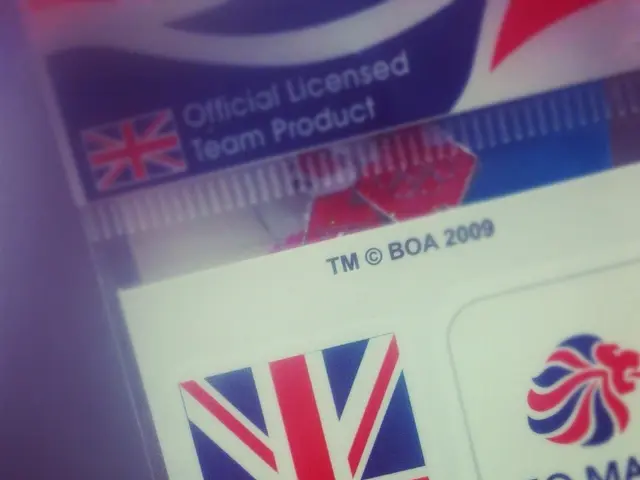Downloading Entire Google Search History Now Available - Is It Wise?
In a move aimed at enhancing transparency and user control, Google has introduced a new feature that enables users to download their entire search history. This initiative, primarily accessible through the service called Google Takeout, empowers users to export their data stored by Google, including their search history, as an archive file.
The option to download search history provides a vague illusion of control over personal data but reveals how much of an open window Google has into various aspects of users' lives, including interests, purchases, health concerns, services used, and location history.
Google's decision to offer this feature can be seen as a reminder of the privacy trade-off users make for more personalized digital services. Users can now peruse their search history, which includes all searches made since they were logged into their Google account.
To access this feature, users can refer to an unofficial Google blog. Once they initiate the archive creation, they will receive a notification when their data is ready for download. The downloaded search history will be sent as a .zip file via email.
Google's action is an example of all-seeing Google attempting to offer more insight around how it uses user data. However, users should be cautious when handling their downloaded search history archive due to the potential risks involved. Downloading the search history archive could potentially make it a gold mine for opportunistic hackers.
The Washington Post argues that personalized digital services, such as Google and Facebook, could be isolating, exacerbating biases, and even perpetuating racial and gender biases. Users should be aware of the potential risks associated with having their search history data on their computer, as suggested by The Washington Post article.
Similar transparency initiatives have been implemented by other online services such as Twitter and Facebook. The article "War on the data beasts: don't let Facebook, Google et al control your digital lives" is a relevant piece to consider in relation to the discussion about personal data and digital services.
Google has not yet commented on why they have enabled this option. However, it is clear that the move is part of Google's broader approach to privacy management that includes options to view, delete, and control search activity, helping users maintain control over their personal information.
Google warns users to read carefully before downloading their archive, and users should not download it to a public computer, should enable 2-step verification, and research the data policies of the country they're in first. Some users may find this feature fascinating or amusing, while others may find it unsettling. Nevertheless, the option to download search history provides a step towards increased transparency and user control in the digital age.
- The option to download search history might offer a sense of control over personal data, but it also poses potential risks, such as becoming a target for opportunistic hackers.
- Google's initiative to allow users to download their search history is part of a broader effort to enhance transparency and provide users with more control over their personal information in the digital age.




